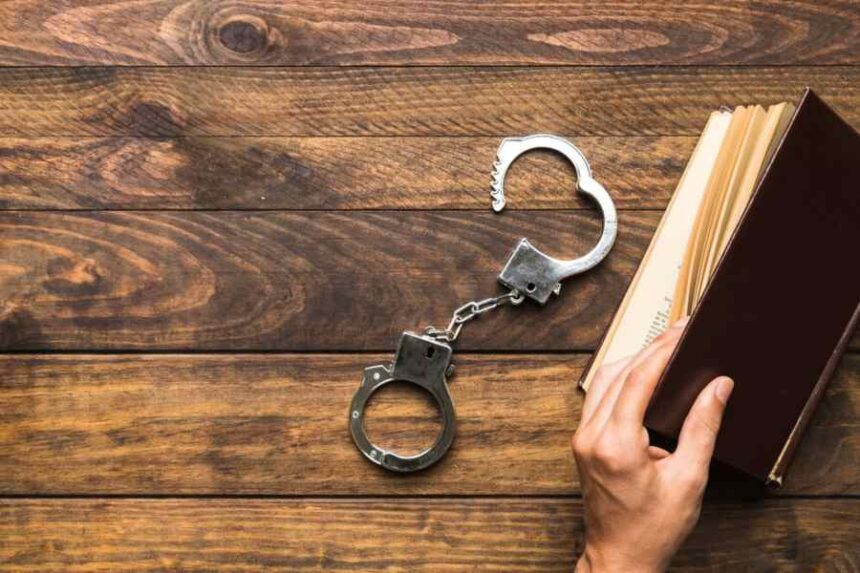Minnesota has its own gun laws, which sometimes conflict with federal laws. While some guns and rifles can be owned legally, others are strictly prohibited.
If you are arrested for illegal possession, the punishment can be harsh and may involve jail time or fines. There are also some people who are banned from possessing a firearm in general because they have a criminal history or because of their mental state. Speak to Omeed Berenjian, a criminal defense attorney from BK Law Group, if you feel like you’ve gotten the short end of the stick.
To keep you out of trouble, here’s what you need to know about criminal possession of weapons in Minnesota.
Key Differences Between Federal and Minnesota State Firearm Laws
Federal laws govern firearms when crossing state lines or entering federal property. They also prohibit certain individuals, such as felons or those with restraining orders, from possessing guns across the country.
Minnesota has additional regulations that go beyond federal law. The state restricts certain types of firearms, like short-barreled shotguns and rifles, requiring special permits for ownership. Local authorities may also impose restrictions on gun purchases.
Permitting is handled differently in Minnesota compared to federal guidelines. Concealed carry, for instance, requires a permit issued at the county level in accordance with state requirements not found under federal jurisdiction.
What Constitutes Unlawful Possession of a Weapon in Minnesota
Unlawful possession occurs when someone holds or controls a weapon they are legally prohibited from having. This could be due to prior felony convictions, certain misdemeanors like domestic violence, or mental health issues.
The law in Minnesota prohibits owning firearms that have had their serial numbers removed or altered. Additionally, some weapons, such as machine guns and sawed-off shotguns, are entirely banned for civilian ownership within the state.
Constructive possession laws also apply. You don’t need physical control over the weapon to face charges. Simply having it accessible in your home or vehicle can qualify as unlawful possession.
Weapons Prohibited Under Minnesota Law: Beyond Firearms
Weapon restrictions run much deeper than just stun guns and tasers in the North Star State. For example, it is against the law to possess or carry a switchblade, ballistic knives, and metal knuckles.
Explosive devices are heavily restricted as well. Possession of bombs, grenades, and similar items can lead to severe penalties as these weapons are classified as dangerous and illegal for civilian use.
Even some modifications made to legally possessed firearms can be restricted. You can be arrested for attaching silencers to firearms or converting a semi-automatic into an automatic without proper permission.
Penalties for Violating Gun Possession Laws in Minnesota
Violations of Minnesota’s firearms statutes can lead to serious punishment. Depending on the circumstances, charges for illegal possession can range from misdemeanors to felonies.
Misdemeanors, such as carrying a concealed weapon without a permit, are punishable to a maximum extent of one year in jail and/or a fine worth $3,000. Felony gun crimes carry more severe punishments, including longer sentences ranging from five to ten years in prison and substantial fines.
In addition to jail time and fines, a conviction can result in permanent loss of firearm ownership. Even after serving a sentence, a person may still never be able to buy or carry weapons again because of state and federal laws.
How a Lawyer Can Help You Fight Criminal Weapons Possession Charges
Facing weapon possession charges in Minnesota can be overwhelming. Fortunately, an attorney dealing with gun laws can review your case to help you explore possible defenses, such as lack of knowledge or unlawful search and seizure.
Legal representation is especially important when complex issues such as constructive possession come into play. Your attorney may argue that you did not know the weapon was under your control by attacking evidence presented by the prosecution.
A well-versed criminal defense attorney can also negotiate plea bargains or strive to lessen penalties if a conviction seems probable. Their goal is to limit long-term implications on your record and future firearm rights.




